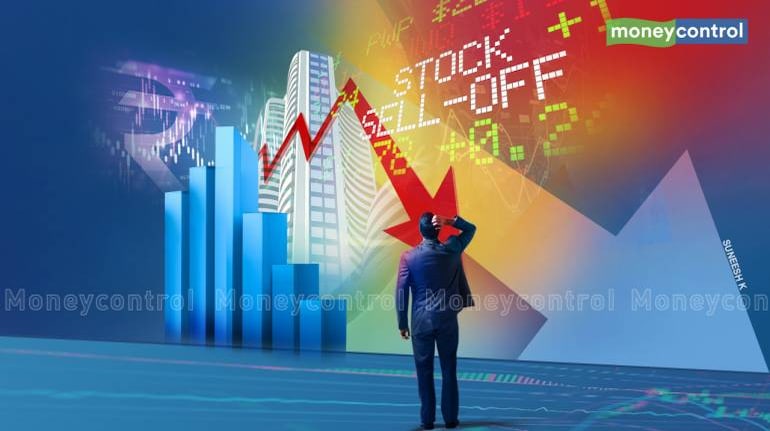Mid and smallcap indices turn negative for 2024: Four factors weighing on sentiment


Sensex crashed over 1,500 points from day’s high to a low of 72,515, whereas NSE Nifty 50 breached 22,000-mark on March 13
The investor sentiment around small and mid-cap shares has taken a major hit over the past few sessions, with both indices falling 12 percent and 6 percent respectively since the closing level of February 7.
Recent raids by the Enforcement Directorate on Dubai-based alleged hawala operator Hari Shankar Tibrewala have made high networth investors in small and mid-sized stocks jittery. Market regulator SEBI’s public glare on this segment too has dampened the interest in these shares.
Here are the factors that may have exacerbated the selling pressure in the broader markets.
1) Brokers have been asking for additional margin money from clients in order to keep positions, but some clients are choosing to liquidate positions instead, due to the perceived risk. An increase in the number of stocks under ASM/ESM has added to this phenomenon. Currently, it is more than 350 which is at the higher end.
2) Stock operators too have started backing off after raids on Hari Shankar Tibrewala, according to market participants. Previously, operator activity was rampant in the broader market category, thus lifting even fundamentally weak stocks. But according to brokers, this trend is now under wearing off after ED’s raids on Dubai-based hawala operator Tibrewals and 13 other entities who “operate” stocks.
Also read: Small-cap Stress: 82% of stocks in the small-cap index fall in the past three weeks
3) The AMFI-SEBI-mandated stress test too is weighing on market sentiment. More than 80 percent of stocks in the BSE smallcap index have recorded negative returns since February 19. One of the reasons behind the fall has been SEBI’s advisory to mutual funds seeking to safeguard investor interests amid concerns about froth building up in small and midcap MF schemes. Even though SEBI has only asked for disclosures, there are some concerns on whether fund managers will start selling less-liquid stocks as the scrutiny increases.
Also read: MF Stress Test: Why it matters and should investors be worried?
Story continues below Advertisement
4) The ‘March Effect’ is also at play. Over the past 23 years, the month of March has seen negative returns on 56 percent of the occasion – which is the highest across all months. This is due to multiple reasons – ranging from March 15 tax deadline for companies and market players not wanting to show exposure to riskier assets like equities in their balance sheets. Regulatory action by RBI and SEBI is also adding to the jitters on the street.
Disclaimer: The views and investment tips expressed by investment experts on Moneycontrol.com are their own and not those of the website or its management. Moneycontrol.com advises users to check with certified experts before taking any investment decisions.









